A Deeper Look At Yale’s Past:
What Did Timothy Dwight, Edwards Have in Common?
A freshman’s first glimpse of Yale is by nature shallow—there is simply too much here to take in at once. Buildings from the last decade, the last century and the century before bear traces of thousands of students and faculty who at one time or another passed through; sidewalks, stairsteps and shortcuts were all well broken in before you first laid eyes on them.
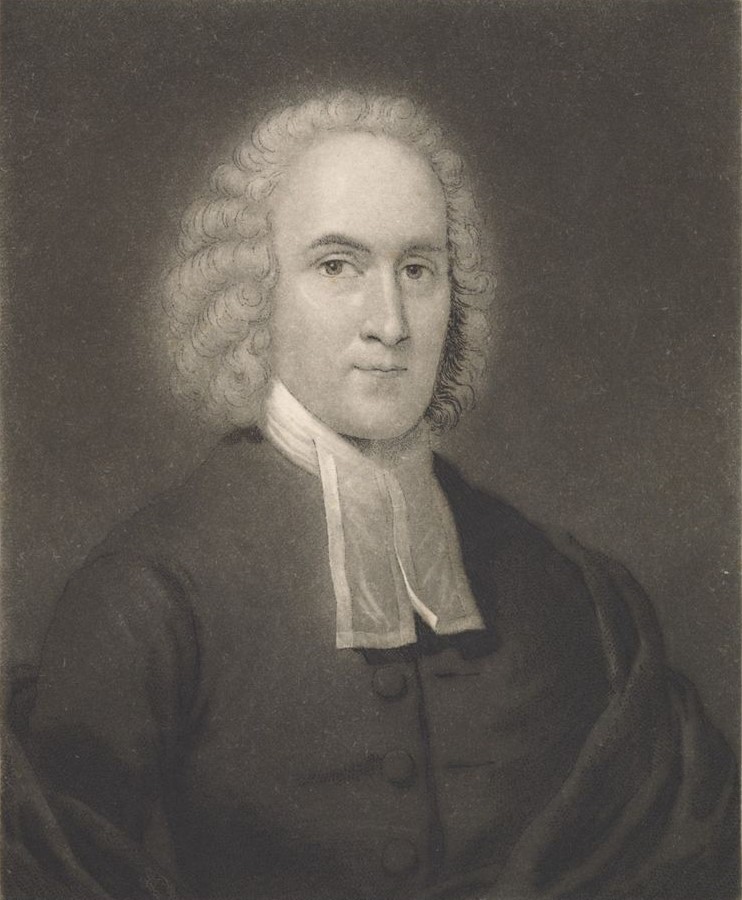
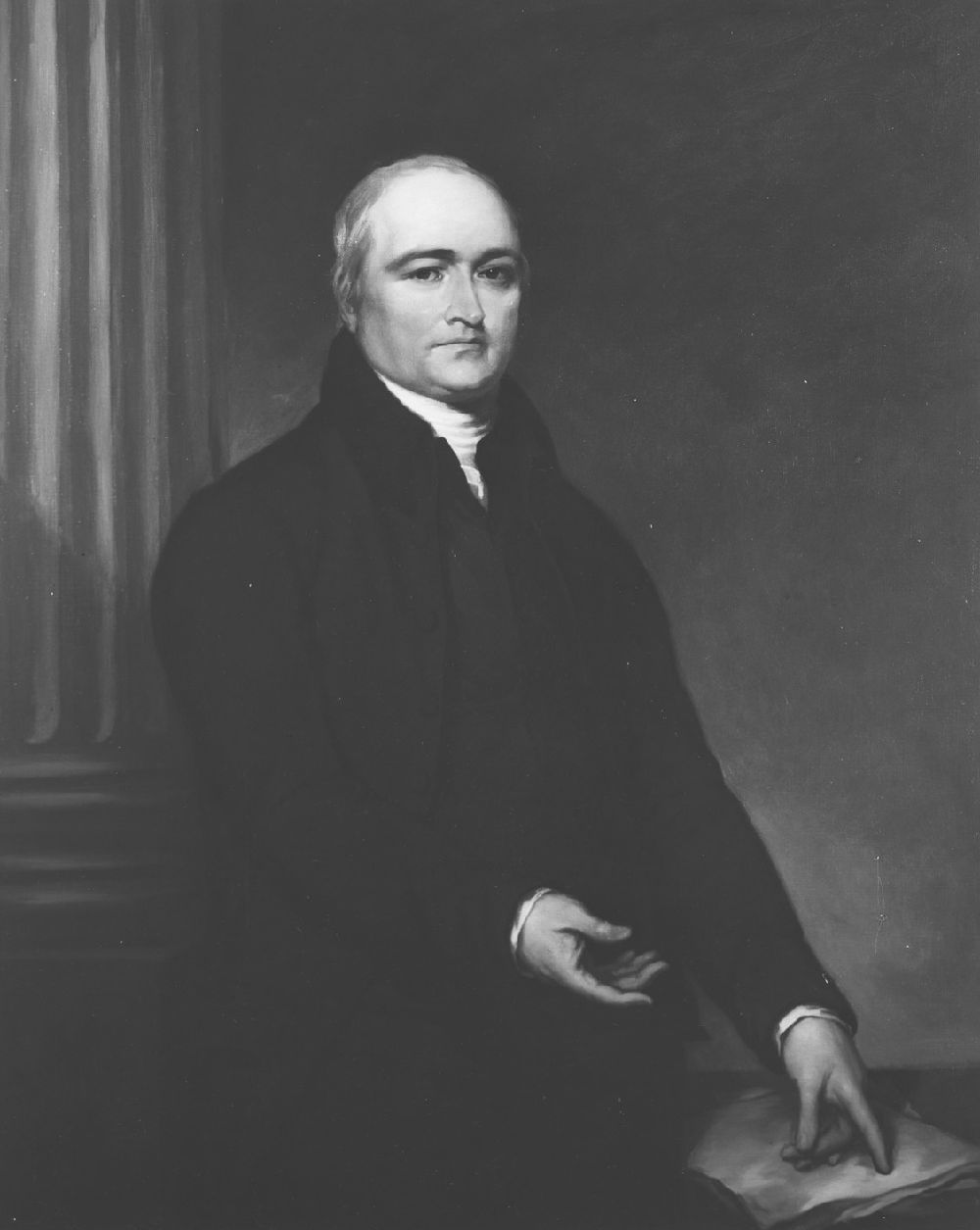
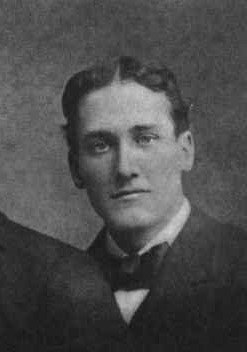
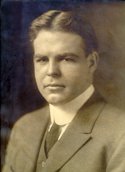
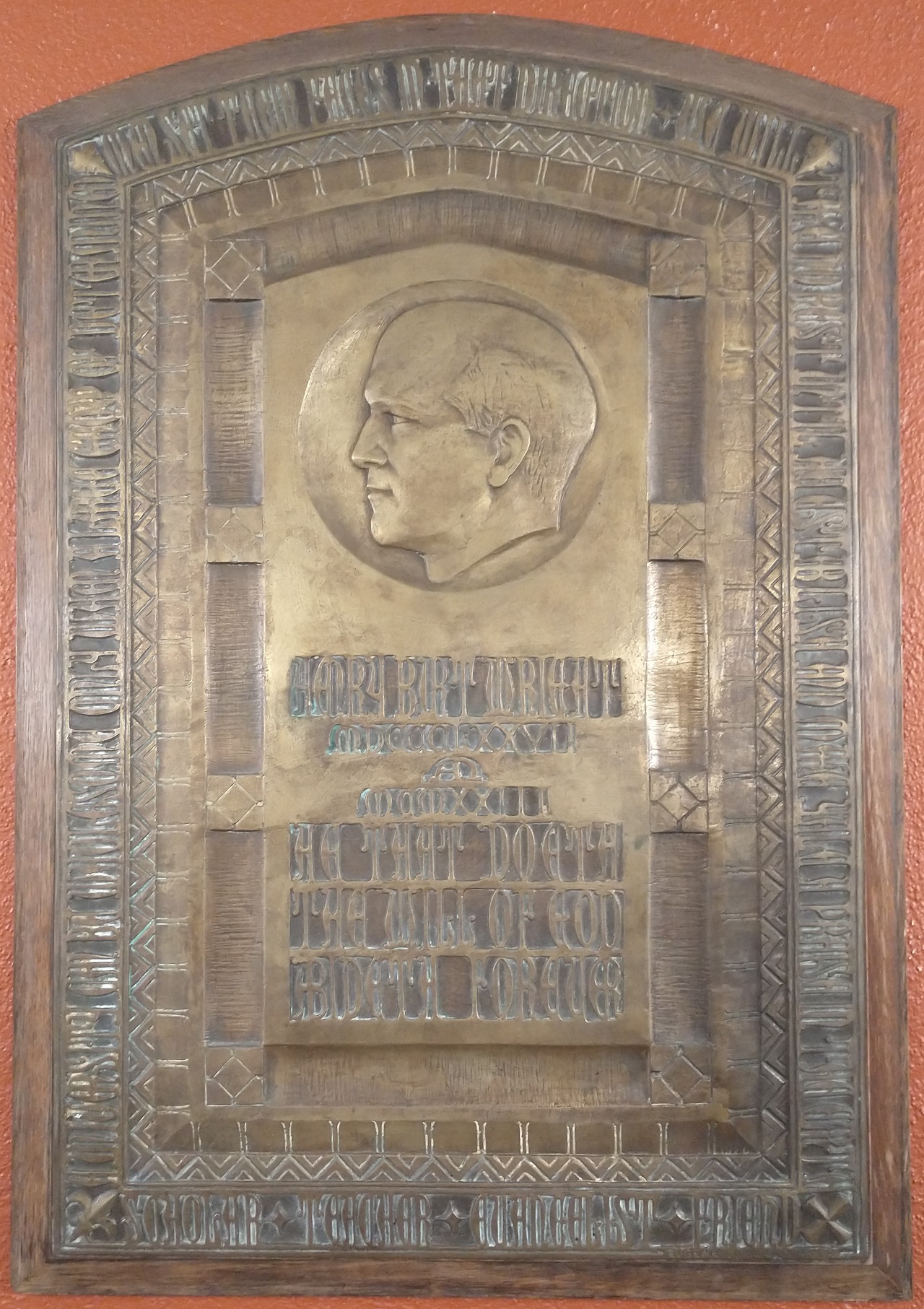
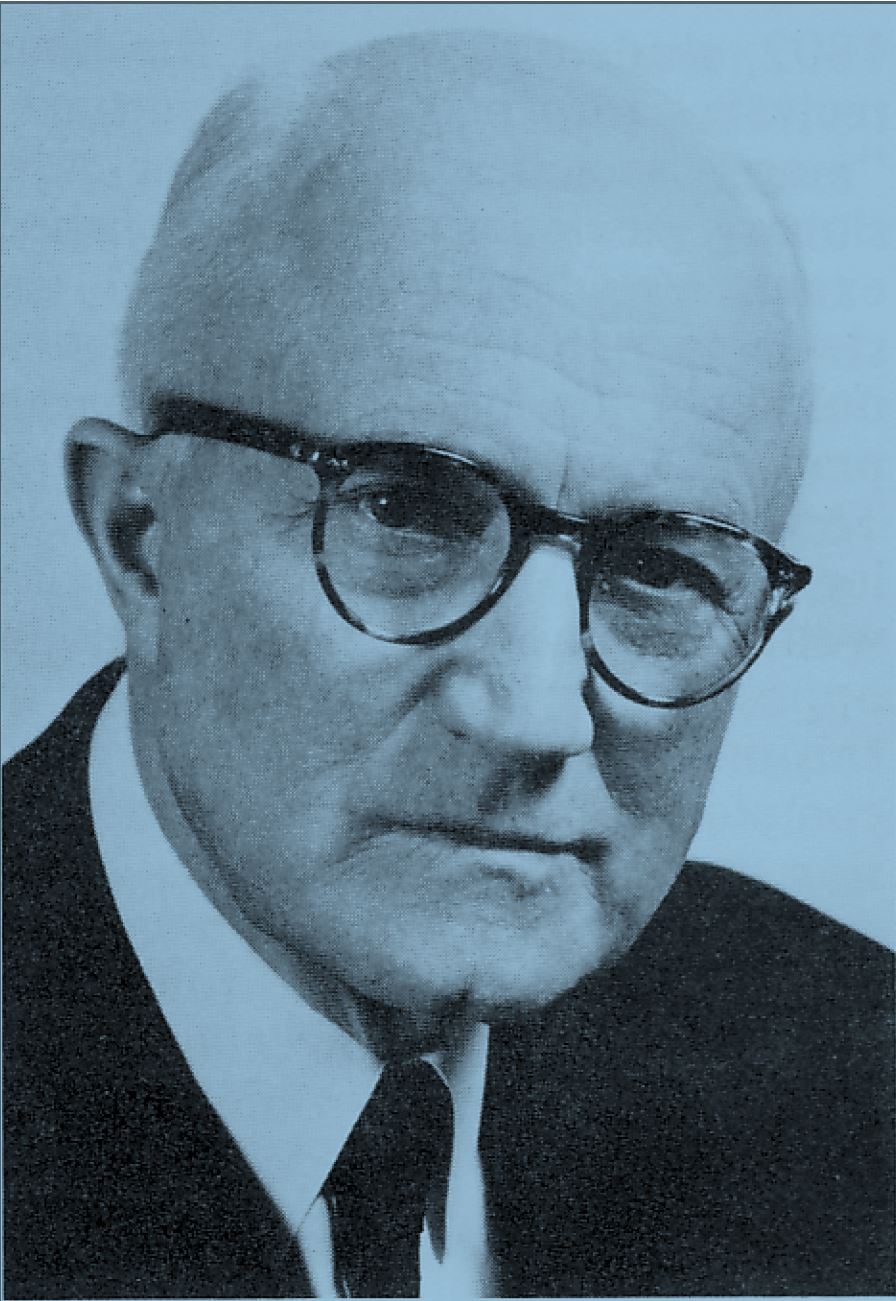
For those freshmen intrigued enough by their surroundings to pause before plunging into their studies or social life, Yale’s physical appearance offers many hints of its past.
A Deeper Look At Yale’s Past: What Did Timothy Dwight, Edwards Have in Common?
A freshman’s first glimpse of Yale is by nature shallow—there is simply too much here to take in at once. Buildings from the last decade, the last century and the century before bear traces of thousands of students and faculty who at one time or another passed through; sidewalks, stairsteps and shortcuts were all well broken in before you first laid eyes on them. Of course, one might say, who hasn’t heard all the platitudes and funny stories about wide-eyed freshmen?
Who hasn’t indeed, but the funny thing about Yale is that all four undergraduate years placed end to end do not begin to give a Yale man or Yale woman adequate understanding of Yale’s vital purpose—why it became the great university it is, and why men labored from the beginning to make it so.
For those freshmen intrigued enough by their surroundings to pause before plunging into their studies or social life, Yale’s physical appearance offers many hints of its past, and a thoughtful person might stop to consider that whatever Yale was then, it certainly wasn’t the same place it is today.
Some of the campus’ visible features are beautiful for themselves. Others have tales to tell.
Some landmarks and plaques speak directly to the spiritual character of Yale at different periods, the Henry Wright plaque in Dwight Hall library, for example, or the words of Timothy Dwight in bronze outside that library door. But because it isn’t easy for a newcomer to perceive the underlying pattern and purpose, we speak to you here about that remarkable pattern and its significance for you—the pattern of God at work at Yale.
The Pattern of God at Work at Yale
God has been dealing with generations of Yale students—and faculty. But He isn’t the only one who has a message and a program for students. In fact, if you are a Yale undergraduate, a pitched battle is being waged by many competitors for your attention and allegiance.
Unless you are a very divided person, you will leave college with one set of beliefs and loyalties, and one direction for your life, and what those beliefs, loyalties and direction will be is under contest. Every generation of Yale students has known the contest—you are by no means the first to walk into it—and today, as with others before, God is calling you.
“What do you mean, God is calling?” you may ask. At Yale? This year? The lives of a number of prominent Yale men will illustrate the answer, as it applied in their lives over the last two and a half centuries.
Jonathan Edwards decided upon entering Yale not to drift along with the general trends on campus, nor to become over-occupied with studying. Instead, he decided to give himself to Jesus Christ and live entirely for Him. Edwards graduated with highest honors from Yale at the age of seventeen, when he was filled with “an inward, secret delight in God.” He resolved then “never to do anything but what tends to the glory of God, never to lose one moment of time, and to live with all my might while I do live.” He later became “the most significant Protestant voice between the Reformation and the twentieth century” in a major historian’s estimation, and spent the last years of his life at a small mission servicing the Indians in Massachusetts.
Timothy Dwight was first a Yale student, then a member of the faculty. After being away for a number of years he was invited back to be Yale’s president in 1795. Dwight unashamedly preached “Jesus Christ, the only true and living Way of access to God” to the Yale community for seven long years without a single conversion among the students—the French rationalism of Rousseau and others had thoroughly infiltrated the campus. But starting in 1802 Dwight saw five successive periods of Christian revival at Yale, when students and faculty spontaneously gave themselves to the Lord and the whole atmosphere of the campus changed. Dwight was also, as historians can confirm for you, the Yale president most instrumental in transforming Yale College into one of the first diversified “universities” in America, and he was widely influential throughout the country as an educator.
Of Tracy Pitkin it was written, “He did not postpone his life, he lived then…. Not a few men made shipwreck of their college Christian life, or at least made it null and void of power, during those four precious college years, just because they waited to see how things ‘went’ religiously in college, not realizing that the position one takes the first few weeks will, in the majority of cases, determine the religious trend of one’s whole college life. Not so Pitkin.” Tracy Pitkin stood and made a difference from the day he came to Yale to the day he died as a missionary in China during the Boxer Rebellion, in 1900.
Bill Borden came to Yale with an attitude different than most. Already a believer in Jesus Christ, he responded to God’s call in a deeper way in freshman year, as one of his freshman notebooks records: “Lord Jesus, I take hands off, as far as my life is concerned. I put Thee on the throne in my heart. Change, cleanse, use me as Thou shalt choose. I take the full power of Thy Holy Spirit. I thank Thee.”
He soon began a small daily prayer meeting on campus—and by the time he graduated three out of four Yale undergraduates were attending voluntary Bible studies and prayer meetings. He sought out derelicts on the streets of New Haven to tell them of Jesus Christ, the Savior, efforts that led to the founding of the Yale Hope Mission. Though he was a millionaire’s son, he had formed a purpose to become a missionary to the Moslem people in China near what is now Mongolia. Between freshman year and his early death at the age of 25, before he could reach the mission field, he made a tremendous impact on his generation at Yale, and throughout America.
Henry Wright, the son of the Yale College den for whom Wright Hall is named, became a Yale student and then a member of the Classics faculty, yet his preoccupation was the spiritual welfare of Yale. He helped literally hundreds of students and others to found their lives solidly on faith in the Lord Jesus Christ. He clearly perceived that God was working at Yale, and paraphrasing a verse of Scripture, he exhorted other believers on the campus, “We will take no rest until He establish and make Yale a praise in the earth.” A book he wrote indicates his emphasis in its title, “The Will of God and a Man’s Life Work.”
Kenneth Scott Latourette, president of the American Historical Association, author of 83 books, leading authority on Chinese history and the history of Christian missions, wrote not long before he died in 1968, “What lies beyond this present life I cannot know in detail, but I know Who is there…. If here and there have been lives who have seen, although dimly, His Son in me, that has been through no merit of mine, but because by His initiative God sent His whisper to me.”
If you too can hear the invitation God extends to you today, say yes. Say it from the heart and give God all the room He needs to have His way with you. You will need strength not to compromise that yes in the days to come, strength which God can supply through the Bible, prayer, and fellowship with like-minded believers. Strength is available, grace is available—will you respond to the call of Christ today?
Philip K. Chamberlain, Branford ’70

